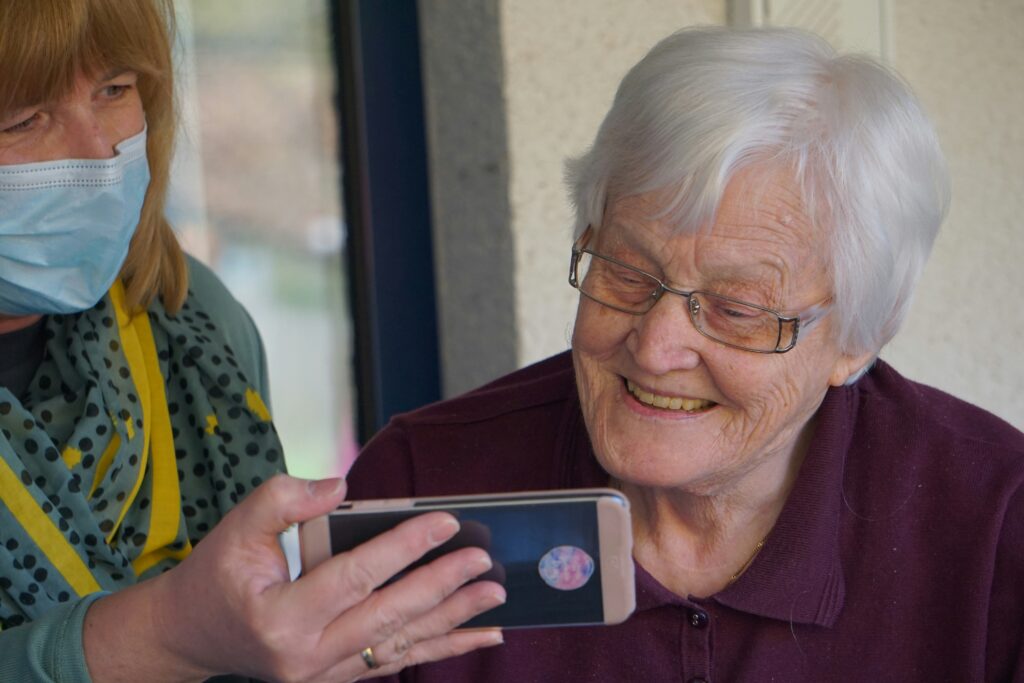As more people grow older, it’s clear that seniors need strong support. Respite care helps by giving older adults the care they need while giving main caregivers time to rest.
This care makes life better for seniors and helps families who often do most of the caregiving. Respite care supports mental, emotional, and physical health.
More people now see it as an important part of caring for older adults.
Understanding Respite Care
Respite care is a temporary relief service that gives primary caregivers a break while ensuring their loved ones receive appropriate care. This care can be provided in various settings, including in-home services, adult day care programs, or short-term residential facilities. Many people provide unpaid care for older adults, showcasing the critical need for supportive services.
Choosing the Right Respite Care
Selecting suitable respite care services is essential to ensure your loved one receives the best support. When researching potential options, consider the following factors:
Analyze the Specific Needs of Your Loved One
Each elderly individual has unique requirements. Assess the level of care needed-whether it is basic companionship, specialized medical assistance, or activities focused on mental engagement.
Evaluate Service Quality
Reviews, testimonials, and ratings can provide insights into the quality of care offered. You may start to look for trusted senior respite services that are highly rated in the community.
Visit Facilities
If considering residential respite care, visiting the facility can help gauge its atmosphere, cleanliness, and staff friendliness. It allows you to see how well it aligns with your loved one’s needs.
Inquire About Staff Qualifications
Ensure the caregivers have the necessary training and qualifications to manage specific health or emotional needs. This assurance will help you feel more at ease while your loved one is receiving care.
The Role of Family Support
Family dynamics play a significant role in the effectiveness of respite care. Family members should discuss the idea and approach it collectively, addressing concerns and expectations. Open communication ensures everyone is on board, reducing potential feelings of guilt or anxiety associated with utilizing outside services.
Encouraging Open Dialogue
Initiating conversations about respite care can be challenging, particularly if family members are hesitant to embrace it. A good strategy could be sharing articles and research highlighting its benefits, which can help normalize the conversation around needing help in caregiving.
Engaging Family in the Decision-Making Process
Including family members in decision-making fosters a support system, making it easier for everyone to adjust to the new arrangements. Discussion about preferred respite options also enriches the decision, as various family perspectives contribute to a well-rounded choice.
Prioritizing Wellbeing Through Respite Care
Taking care of both body and mind is very important for older adults. Respite care can help by giving caregivers a break and making life better for seniors. These breaks help caregivers stay healthy and avoid burnout.
Families should look into different care options and ask questions to find the best help possible. Using respite care can make life better for seniors and their families. Start looking into care options today to support your loved one’s health and happiness.
Looking for more tips and advice? You’re in the right place! Make sure to bookmark our page and come back to check out more interesting articles.



